Roe v. Connolly, Hillyer & Ong, 236 N.E.3d 331 (2024) Court of Appeals of Ohio, 5th District
What happens when an attorney gives a client advice about the legality of the client’s casino gambling business and that client is later convicted for running an illegal casino based on that advice? Can the attorney be held liable for legal malpractice for this bad advice? Let’s see how the Ohio courts treat this issue in Roe v. Connolly, HIllyer & Ong.
Gambling Business & Legal Advice
Zane Roe contacted Attorney Diana Dudgeon of the law firm Connolyy, Hillyer, & Ong [Connolly firm] for legal advice in November 2019 as to whether he could conduct a casino gambling operation at the Northeast Urban Native American Cultural Center in Steubenville, Ohio. In response to this request, Attorney Dudgeon notified Roe by email in December 2019 that after her research of relevant state and federal law that Roe “should be good to go”. Roe quickly began operating his casino gambling business at this location.
Several months later, Attorney Dudgeon contacted the Steubenville city manager to request that this operation be permitted under state and federal law. The city manager responded with a denial stating that the gambling machines needed to be licensed with the state and that they may only be operated on Indian land, which the Cultural Center was not. There was some debate as to when Roe found out about this response from the City Manager.
Later in 2020, the Cultural Center was raided by federal authorities and Roe was indicted for numerous charges including operating an illegal unlicensed casino and gambling. Roe later pled guilty to reduced charges in this case and was sentenced as such.
Claims of Legal Malpractice
Shortly after his sentencing, Roe filed this legal malpractice case against Attorney Dudgeon and the Connolly firm. His claim alleged that Dudgeon, and thereby the Connolly firm, breached their duty to exercise ordinary care with the knowledge, skill, and ability normally possessed and exercised by lawyers representing clients in gaming and casino operations which “resulted in criminal charges and convictions; and, as a proximate cause of this breach, appellant suffered loss of economic harm, deprivation of liberty, mental anguish, emotional and physical suffering, and was unable to maintain employment”.
Roe’s complaint was filed in September 2022, nearly three years after he received this advice from Attorney Dudgeon. The Connolly firm defended this claim in the trial court by alleging that Roe’s claim was barred by the one-year statute of limitations over legal malpractice claims. The trial court agreed and that is the central question here on appeal.
Statute of Limitations in Legal Malpractice
As is typical in legal malpractice cases, the central debate among parties in this case was when the one-year statute of limitations began to run. Roe argued that the one-year limit began to run when his sentencing entry was filed in his criminal case. The Connolly firm, and the trial court, held that the statute of limitations began to run when the criminal indictment was initially filed against Roe.
The relevant test used by the Ohio Appellate court is the two-prong Zimmie test which holds that the one-year statute of limitations begins to run when there is a “cognizable event whereby the client discovers or should have discovered that his injury was related to his attorney’s act or non-act and the client is put on notice of a need to pursue his possible remedies against the attorney.” Zimmie v. Calfee, Halter and Griswold, 43 Ohio St.3d 54, 538 N.E.2d 398 (1989).
The Ohio appellate court agreed with the Connolly firm and the trial court. The statute of limitations began to run in Roe’s case when he was criminally indicted. When his business was raided, and he was federally indicted for illegal business operations – this is the moment when he should have discovered that his ‘injury’ was related to his attorney’s advice. Roe’s claim that he was not able to fully assess the extent of his ‘injury’ until after sentencing was pronounced was not a good reason for the statute of limitations to be delayed.
Guidance for Legal Malpractice Plaintiffs
Ohio, like many states, has a strict one-year statute of limitations in legal malpractice cases. One year goes by so fast! So, if you believe you have a legal malpractice claim, you need to act as quickly as you can. Remember that even if you are unaware of your attorney’s misconduct, the court can determine that you ‘should have been’ aware when that behavior is so obviously harmful or unethical. Be an active participant in your legal representation and stay as informed as possible, you never know what the court will decide you ‘should have’ known!
Legal Disclaimer: The information on this blog is for general informational purposes only and does not constitute legal advice. It is based on current legal standards but does not create an attorney-client relationship. For advice specific to your situation, consult a qualified attorney.
The views expressed are those of the individual authors and do not reflect those of any affiliated organizations or a single Katz Law Firm lawyer or agent. The accuracy and applicability of the information may vary. The blog owner and authors assume no liability for actions taken based on this content. Always seek professional legal counsel before making any legal decisions.



















